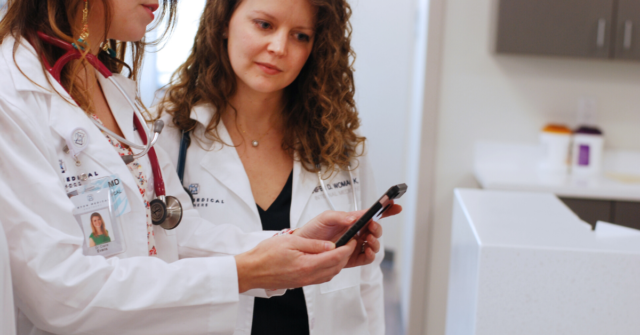
Though it’s highly preventable and treatable, more than 11,000 women in the United States are diagnosed each year with cervical cancer. In honor of National Cervical Health Awareness Month, here are some important things every woman should do to stay healthy.
- Get regular Pap smears.
The Pap smear is a screening test that allows cervical cancer to be detected at a very early stage. The Pap looks for abnormal/precancerous cervical cells and/or the presence of the human papillomavirus (HPV), which can be predictive of cervical cancer. Most women need a Pap smear every three to five years (not every year) to screen for cervical cancer, beginning at age 21. Most can stop getting regular Pap smears after age 65. If a Pap smear reveals cervical precancers, they can be treated non-invasively. Women diagnosed with cervical cancer may need to undergo surgery, radiation and/or chemotherapy.
- Learn about human papillomavirus (HPV).
HPV is a sexually transmitted virus that is the causative agent of most cervical cancers and genital warts. Our immune systems will often get rid of the virus for us without any intervention, so most women who have been infected with HPV will never have any health consequences. Gardasil, a vaccine to prevent HPV (and consequently reduce the risk of cervical cancer), is recommended for boys and girls ages 11 to 12, and up to age 26. (It was recently approved by the FDA for women up to age 45.) Gardasil is an excellent and safe way to reduce the risk of cervical cancer.
- Get screened for breast cancer.
Mammography is the usual screening test to detect early breast cancer. Most physicians recommend that women start getting annual mammograms between ages 35 and 40, and definitely no later than age 50. If you have a family history of breast cancer, your doctor may recommend a different breast cancer screening plan.
- Work now to prevent osteoporosis later.
Osteoporosis is a condition causing thinning of the bones and increased risk of fractures. Typically, this occurs as a result of decreased estrogen in the years after menopause. You can help reduce the risk of osteoporosis by getting plenty of vitamin D and engaging in weight bearing exercise.
- Know your options for contraception and screening.
These days, the options for affordable and easy-to-use contraception seem endless. There are pills, patches, rings, intrauterine devices, injections and implants, all with various hormonal or non-hormonal options. The benefits of reliable contraception include avoiding unplanned pregnancy, regulation of menstrual cycles, reduction in menstrual bleeding and improved PMS symptoms, among others. You also have the option of being screened for sexually transmitted infections when you see your doctor, which is easy and affordable.
Women have unique health needs at every stage of life. Prioritize your health and make time for an annual wellness visit with your primary care doctor to make sure you are up to date on all your preventive health screenings. Wishing you good health!

